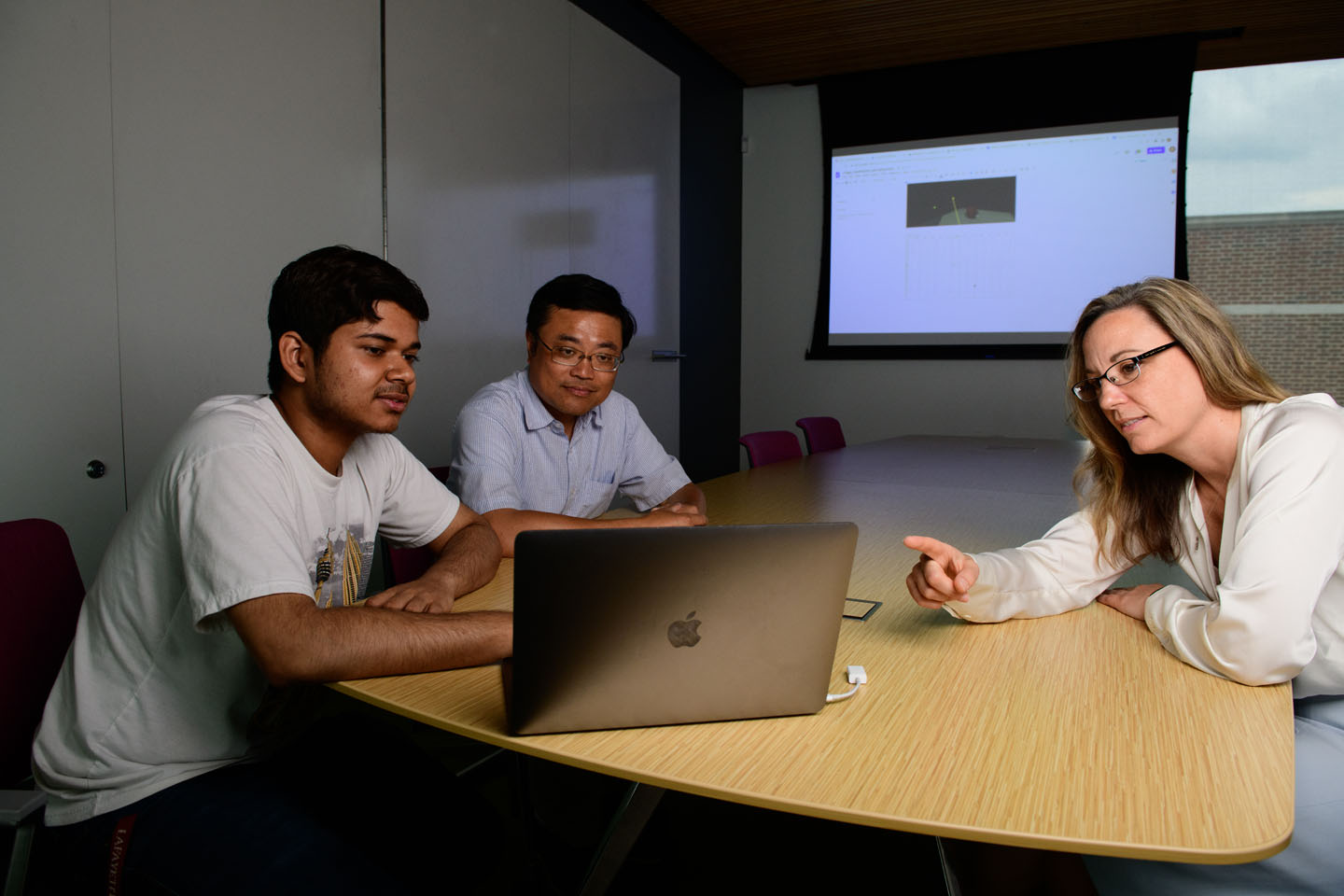Workshop & Education
The Cultural and Identity Awareness team understands the importance of engaging in thoughtful, difficult conversations. Our programming is largely student driven, based on what the campus community feels it needs to identify and create awareness around cultural identities.
How to Be an Inclusive Facilitator
This three-part training offers practical skills and tools to create inclusive learning spaces and facilitate difficult conversations. We will explore important topics and questions, including:
- Key principles of facilitating cross-cultural dialogue
- Navigating your power and voice as a facilitator
- Supporting others to work together toward a common goal
- Creating inclusive learning spaces
- Engaging in thoughtful, difficult conversations
- Acknowledging and understanding one’s own privilege in conversation
This workshop is offered during the Interim sessions.
For more information, email intercultural@lafayette.edu

Equity and Inclusion for Student Organizations
This in-person or remote training will serve as a manual for how student organizations can incorporate diversity, equity, and inclusion efforts into their values, vision, and mission statements.
How to Be an Agent for Change
Students at Lafayette College are known for being strong-willed when it comes to fighting for what they believe in. This in-person or remote training series will arm students with the tools necessary to create systemic change, including the power of language.
Empathy vs. Sympathy
A direct response to the COVID-19 pandemic, this workshop was developed to teach the differences between showing empathy and sympathy. The training, modeled after Brené Brown’s philosophy, encourages students to practice the act of listening, and understanding when it might not be welcome to offer empathy.
Imposter Syndrome
According to a 2019 study, 20% of college students experience imposter syndrome during their college tenure. The goal of this training is to teach students that imposter syndrome is common, regardless of background, and how to overcome one’s own feelings of doubt and help others do the same.
Hot Topics
Designed for our international students, this workshop addresses current issues in the United States, including racism, discrimination, appropriation, and LGBTQIA+ rights, and how they affect the current sociopolitical climate. This program will help international students better understand how their own identities fit into the campus and surrounding communities.
Cultural Appropriation
Students will discuss the history of cultural appropriation and engage in conversations about its real-world implications, including emotional harm. Materials are designed to help students identify and address everyday cultural appropriation.